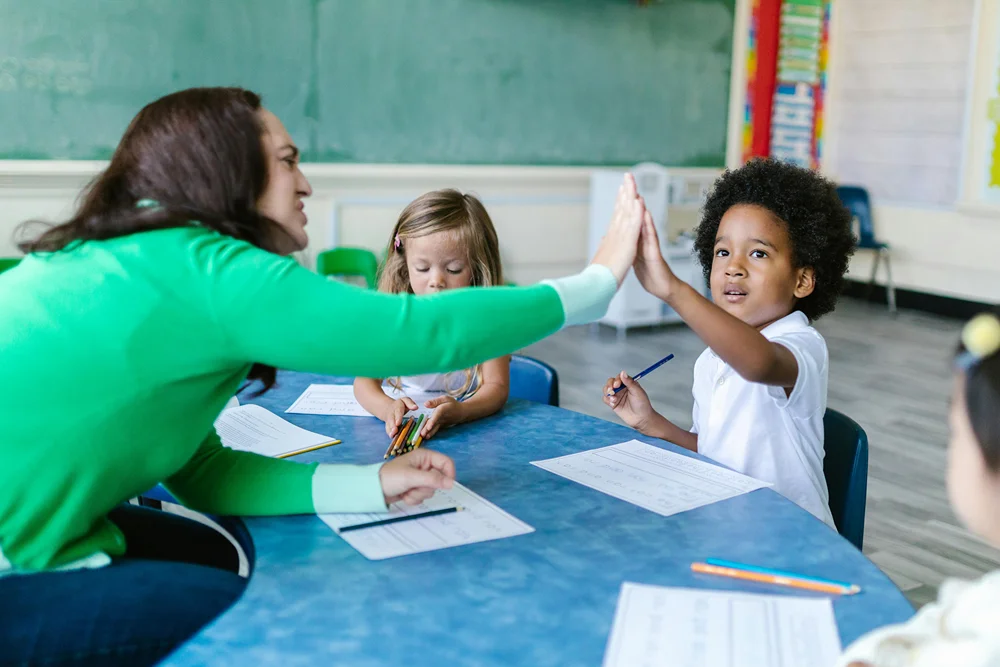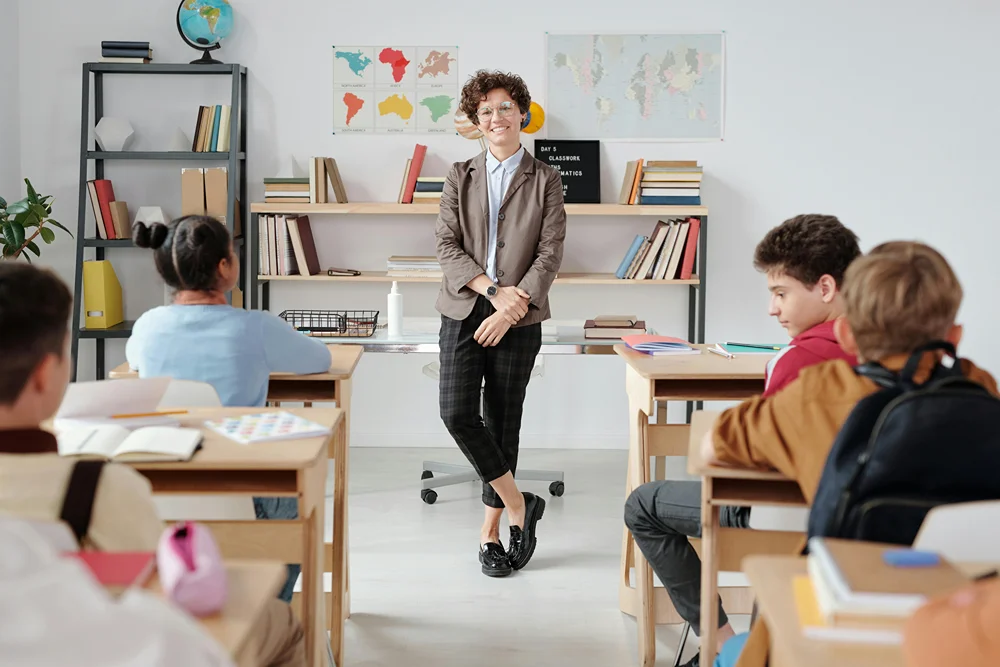How to Prevent Challenging Behaviours in School-Aged Children
There is no doubt that growing through primary and high school years is a rite of passage for parents all over the world. Where there appears to be an outburst of emotion coming from a child, more often than not, there will be an inner struggle which seems to not know the words to express it.
By putting even more emphasis on the proactive support and the why behind their behavior, you can help provide a peaceful home where they can flourish.
Why Behaviour Happens
A helpful mantra is that all behavior is communication. This means that when a child has slammed a door shut or is not wishing to commence their homework, we should not think that they are being difficult. The important matter is that children often communicate needs that have not been met, huge feelings, or demands that feel beyond their abilities.
According to The Behaviour Support People, some of the drivers for these behaviors might come from being overwhelmed by too much going on, seeking attention, or even trying to avoid a task that may be quite overwhelming for them. At other times, their environment may just be too noisy for their energy level.
By changing our emphasis from “fixing” the child and looking instead at the underlying message of the behavior, we can prevent the meltdown before it actually starts. Prevention, particularly before the fit actually starts, has much greater long-term benefits than intervening during the heat of the moment.
The 3-Step Framework for Prevention
Preventing challenging moments doesn’t require a magic wand; it requires a consistent, structured approach that values the child’s perspective.
Step 1: Observe and Understand Behaviour
The first step is to be a “behaviour detective.” Note what happens immediately before the flare-up. Does the flare-up always seem to happen just before dinner? Does the flare-up always seem to happen when a transition from the iPad to the shower happens?
By noting these triggers, which could be environmental, or types of demands, you become aware of patterns. This means you can modify the environment or your time to minimize friction before it even begins.
Step 2: Teach Skills Before They’re Needed
We often ask children to “calm down,” but we do not instruct them on how to do this. It is essential to teach communication skills to children, like using a visual timer, especially when the child is already calm.
You can model how emotional regulation is possible by being calm yourself. This also teaches them that big emotions are manageable without yelling. Instructing the child how to politely ask for a break or state “this is too hard” is an incredibly useful tool for problem prevention.

Step 3: Reinforce Positive Behaviour
In such situations, consistency is the best ally. If you observe that your child is behaving well, even on small issues such as waiting for your undivided attention for thirty seconds, you let your child know that he or she is doing the right thing. For example, “Thank you very much for waiting so patiently while I finish my phone call,” and not “job well done.”
If given small rewards and routines pertaining to mealtimes, school, etc., the child will feel secure. When the world is predictable, the urge to misbehave in order to have control over things is reduced significantly.
Backing It Up: Evidence-Based Prevention Strategies
The science of positive behaviour support has moved away from outdated punishment models. Modern frameworks focus on large measures on prevention, teaching, and reinforcement. Data from PBS Together states, the best way to encourage a child to do something another way is by understanding the root cause or function of the behavior.
Accordingly, when families try to address challenging behaviors positively, they make a shift in the direction of person-centered support. That is, there is more focus on enhancing quality lifestyle for the child and teaching alternative ways of getting needs met.
For instance, practicing a tough conversation with social scripts or using a positive reinforcement chart can give the child the needed external structure while he develops internal self-discipline. It is proven that these strategies, early and consistently enforced, have much greater and longer-lasting effects on the development of the child than punitive ones. Punishments tend to suppress behavior with little temporary gain rather than solve the problem at hand.
Practical Parent Toolkit: At-Home Prevention Techniques
Being prepared is helpful in making chaotic Monday through Thursday afternoons much more manageable. One of the most helpful tools to facilitate transitions is a type of visual schedule. Children, particularly neurodiverse children, like to have a sense of what is coming next.
A simple board with the words “Snack, Homework, Play, Dinner” can relieve the anxiety that causes rebellion. Another tool is having an emotional vocabulary. If the child can identify what it is that he or she is feeling, whether it is frustration or something else aside from anger, then that child can overcome it.
You might also think about establishing a ‘calm down place’ in your home, which isn’t a time-out type of space for punishment, but is a soothing space for the child, perhaps with pillows, a place for reading, or fidget toys. A family behavior contract might also be a useful strategy for your older child, whereby children are able to take ownership and responsibility for the rules and the positive behaviors associated with those rules.
When to Get Extra Support
While at-home methods are extremely useful, at other times a more organized approach is warranted. In a situation where a person feels the problem includes behaviors that are too frequent or too intense and is now impacting the ability of the child to learn and/or make friends, professional advice may be warranted.
As defined by National PBS, “ultimate support is about collaboration. It is not about ‘fixing’ your child in a clinic. Instead, it is about helping you and your educator create an environment that promotes your child’s positive development, across all of life’s domains.”
“Early intervention is vital, as the right help at an early stage can make a great difference to your child’s long-term outcomes, preparing your child to deal with the pressures of school life.” Attesting to your commitment to your child’s well-being and your family’s harmony, it is indeed a step forward to seek help.











